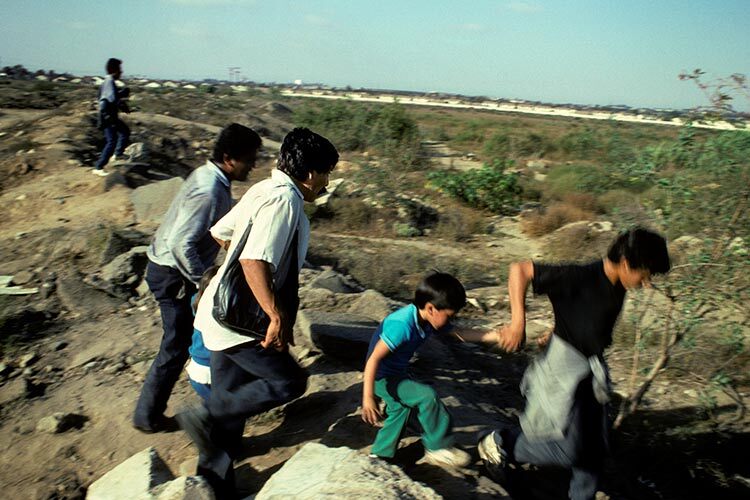Professors at Tecnológico de Monterrey have observed a notable increase in research on human flourishing during the last 20 years, after they studied the academic papers on the subject and examined this idea, tracing its development across time.
Manuel Cebra, a research professor at the School of Humanities and Education at Tec (EHE), Alberto Hernández, also a research professor at EHE, and Enrique Tamés, the director of Human Flourishing Projects, collaborated on a bibliographic evaluation of the term “Human Flourishing”.
As Cebral noted, the main goal was to use a programming library called “Bibliometrics” and closely examine the Scopus database, which is renowned for the high standard of its articles and their accessibility.
“We searched for the expression ‘Human Flourishing’ to detect documents containing it in their abstracts or keywords,” says Cebral.
Gathering and Filtering Data
Data mining techniques were used for the study in order to extract huge quantities of information, which were then carefully filtered. The authors were able to determine the direction of research in this field and its wider influence on other areas of study by using these methodologies.
In January 2022, 1,930 papers that were directly collected from the Scopus database were used in the study. These records cover more than half a century, from 1969 to 2021, and come from 1,200 academic works written by 3,312 authors.
The collected data was then filtered to exclude entries that used only “Flourishing” instead of “Human Flourishing.”
The information was processed using data science with the goal of creating interactive visualizations that show the correlations between authors and keywords.
Identifying Trends in Human Flourishing Research
One of the main conclusions of the paper, The Fertility of a Concept: A Bibliometric Review of Human Flourishing, is that there has been a substantial increase in studies on human flourishing since the year 2000.
Also, there is a noticeable change in the direction of positive psychology-focused scientific creation.
“The annual subject of the American Psychology Association convention was Human Flourishing in 1998, which was around the year 2000. Ever since curiosity on the subject has grown,” says Cebral.
Barbara Fredrickson’s 2001 paper, The Role of Positive Emotions in Positive Psychology, also had a part in the increase in the amount of research done on the topic.
Cebral additionally points out that the notion has spread into the humanities, social sciences, workplaces, and even philosophy, as the bibliographic review revealed.
To identify publishing trends, the most relevant writers, and publications on the subject of human flourishing—as well as the evolution of research throughout time—the researchers employed data analytic tools.
A website was developed as a consequence of their efforts to make this data easier to access and to include reports and visuals detailing the paths and connections that Human Flourishing research has followed over the years.
After the researchers’ publication, more studies on the word and scientific production—particularly in Latin America—will be conducted, based on a proposal by Enrique Tamés.
“One of the issues with human flourishing is that it is very specific in English, but in Spanish, it is not as natural; people tend to talk more about well-being,” says the investigator.
Many databases will be used for this next study, some much larger than the ones used for Scopus, containing twice or three times as much material.
“It’s about getting closer to the authors, understanding them, not just from a bibliometric perspective but also having the ability to engage in dialogue with them and see how the concept is understood in Latin America,” Cebral says.
















